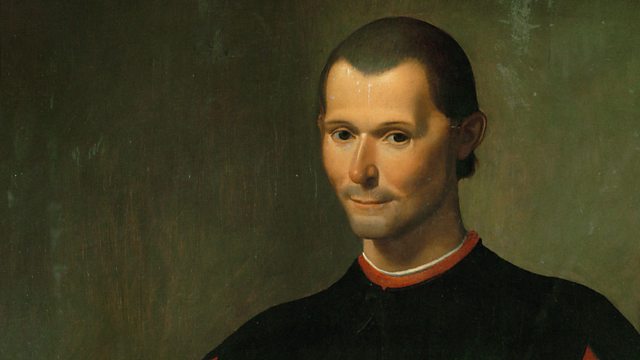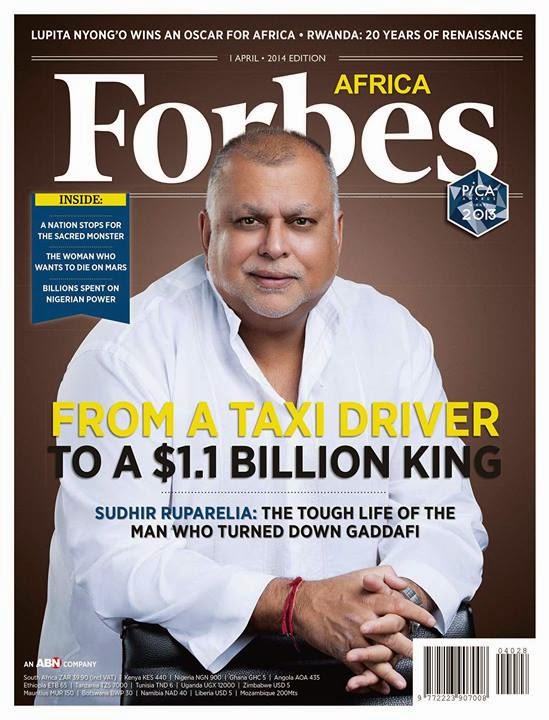Niccolo Machiavelli Visits Kyankwanzi
The Monitor (Kampala)
OPINION
July 3, 2005
Posted to the web July 4, 2005
Izama Angelo
Kampala
One wonders what Niccolo Di Bernardo dei Machiavelli (1469-1526) would say if he were invited say by the National Leadership Institute at Kyankwanzi to give a talk on ” Uganda: The politics of achieving a smooth transition from Museveni to Museveni”.
At the main event, the special guest would be the President himself, complete with at least 400 men at arms, his mobile kitchen and launderette, aides, guards, speech writers, press corps, chair lifters, standby doctor, standby chopper, escorting Ministers and members of the Movement Secretariat, a Mary Karoro Okurut, a Charles Bakabulindi and an occasional Nobert Mao for effect.
Machiavelli, who has been keenly following events in Uganda, is impressed by his host President Yoweri Museveni. You see, the Italian, who we have brought back to life here, is considered the father of political science. His book, The Prince (1532), is the document responsible for the now infamous phrase: The end justifies the means.
He looks around at the display of power and authority and smiles, wondering if Museveni is not really an Italian name from his native city of Florence.
In The Prince, Machiavelli had written that the real purpose of political power is to maintain and extend itself and that all means may be resorted to for the establishment and preservation of authority.
The Italian also wrote that the worst and most treacherous acts of the ruler are justified by the wickedness and treachery of the governed.
Power had little to do, he said, with the welfare of the people, except as a means of keeping control of those who are ruled. It had less to do with ideology or right and wrong, unless these were related to the strategy, which keeps power in the hands of rulers.
Time to make an impression on his speech-loving audience and the famous thinker stands up, walks to the podium and begins.
“Ladies and Gentlemen, I am impressed that against the odds of the 1960s, 70s and 80s, you have managed to keep this enterprise running. I particularly congratulate Mr Museveni for being as good a student of my own thinking as any I could have hoped for.
Thank you for inviting me here today to speak on the subject of transiting from Museveni to Museveni”.
His audience claps politely and so he proceeds: “Power is about one’s ability to effectively influence others to do one’s bidding. If there are problems generated in the transition from Yoweri to Yoweri they come as the price of Museveni’s success through the years of stamping his will on people and events.
To sustain his power Museveni has checked the influence of others, dismantled potential alliances against him, fractured some, amputated others, and within the present term uprooted dissenting voices like that of former comrade Kategeya and Bidandi Ssali, soldiers Muntu and Besigye, who felt alienated as they lost their influence and have now jumped ship. Today our challenge is to evaluate the costs of sustaining Museveni’s influence beyond his next term and examine the basis for this measurement”,
Satisfied that he is making progress, Machiavelli pauses, looks around and continues:
“As we reflect on this, please remember that if there is any law that is fundamental to political survival, it is that political strategy must be based on the principle that your actions are determined by the outcome desired and nothing else. Please never forget this because Museveni has mastered it, which is why he is the president today. You could say that Yoweri has since 1986, been the driving force behind the functional cohesion in the country, the man with a vision of Uganda, while what all of you have is a vision of him”.
Laughter. Laughter.
Over the next hour Machiavelli argues that the extension of Museveni’s power will depend on the unity of purpose behind his several power bases. He points out that Museveni’s supporters identify with what they can get from their vote.
“Because the opposition has less to offer electoral colleges, they have been robbed of any advantage over Museveni since without alternative offers, most voters will keep what they have, following grandmother’s wisdom that a bird in the hand is better than three in the bush,” Machiavelli continued.
” But here lies the challenge in sustaining support for Museveni. Since it depends on what is being doled out, the issue for various groups will be how much they have received and how they can increase their share. This issue has come forward recently with allegations of a cabinet mafia controlling the rations.”










